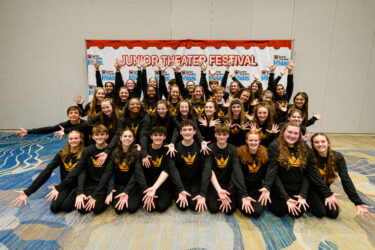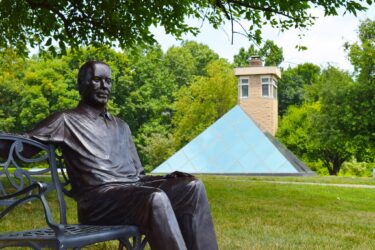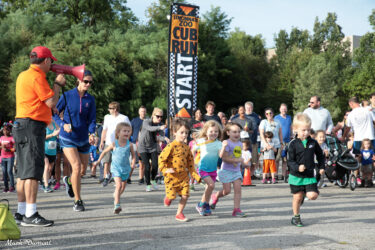Firework Precautions to Help Keep Your Family Safe This Summer From Cincinnati Children’s Hospital Medical Center
Fireworks can result in severe burns, scars and disfigurement that can last a lifetime.
Fireworks that are often thought to be safe, such as sparklers, can reach temperatures above 2000 degrees Fahrenheit, and can burn users and bystanders. Injuries most often occur on the face or hand, and burns make up roughly 50% of firework injuries.
In 2014, an estimated 10,500 people were treated in U.S. emergency departments for fireworks injuries. In 2014, 66% of all fireworks injuries occurred during the 30 days surrounding July 4, and fireworks sent about 7,000 injured people to emergency rooms. Children under the age of 15 accounted for 29 percent of the injuries.
“During the summer, fireworks become a fascination for kids of all ages. But some don’t realize how dangerous fireworks can be,” say doctors in the Comprehensive Injury Center at Cincinnati Children’s. “The best way to prevent injuries from fireworks is to only attend outdoor displays that are put on by qualified experts.”
Firework safety is important for people of all ages, but especially young children. It is important to keep all fireworks away from children, even under supervision. Roughly 54% of firework injuries involving children less than five years old occur under adult supervision.
Doctors in the Comprehensive Injury Center at Cincinnati Children’s, the American Academy of Pediatrics, and the U.S. Consumer Product Safety Commission give the following tips on fireworks safety.
SAFETY TIPS
- Observe all local laws
- Never allow children to play with or light fireworks, even sparklers
- Older children who decide to use fireworks should always be supervised by an adult
- Only buy from reliable sellers
- Avoid buying fireworks packaged in brown paper, often a sign that the fireworks were made for professional displays
- Use fireworks outdoors only
- Always read and follow all warnings and label instructions
- Be sure other people are out of range before lighting fireworks
- Only light fireworks on a smooth, flat surface away from the house, dry leaves and grass, and other things that may catch on fire
- Never try to relight “dud” fireworks that have not fully functioned
- Keep water handy (a garden hose and a bucket) in case of a malfunction or a fire
- Never experiment or make your own fireworks
- Light only one firework at a time
- Dispose of fireworks properly by soaking them in water and then disposing of them in your trashcan (wait 15 to 20 minutes and then soak it in a bucket of water)
- Never light fireworks in glass or metal containers
- Never throw or point fireworks at other people, animals, or buildings that can catch on fire
- Never carry fireworks in your pocket
- The lighter of the fireworks should always wear eye and ear protection and never have any part of the body over the fireworks
- Stay away from illegal explosives
- Use long match sticks to light the fireworks, not lighters or cigarettes
- Never shorten or lengthen the fuse
- Families should attend professional fireworks displays rather than using fireworks at home.
The AAP recommends prohibiting public sale of all fireworks, including those by mail or Internet.





